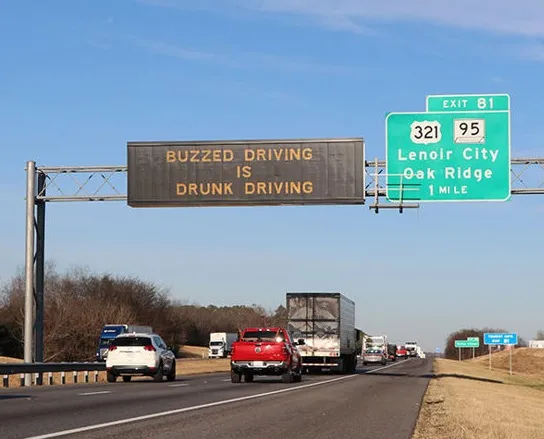Moxa’s passenger information and communication systems have achieved Iris certification, one of the most stringent international standards.
The Iris standard is formulated by Union of the European Railway Industries (UNIFE) and combines the general quality requirements of ISO 9001 with stringent process and railway-specific requirements such as technical safety policies, project management, life cycle cost, obsolescence management and configuration management.
October 21, 2013
Read time: 1 min
The Iris standard is formulated by Union of the European Railway Industries (UNIFE) and combines the general quality requirements of ISO 9001 with stringent process and railway-specific requirements such as technical safety policies, project management, life cycle cost, obsolescence management and configuration management.
"Iris certification is a significant differentiator, not only for railway customers, but for any customer that requires reliable communications in harsh conditions, according to John Yelland, vice president of Global Marketing at Moxa. "The Iris requirements for time and cost management, product reliability and maintenance, life cycle cost, and more are highly relevant to other industries such as power, oil and gas, intelligent transportation systems, factory and marine automation. The message to all our customers is that Moxa is both committed and able to meet some of the highest and most stringent quality standards required by any industry."








